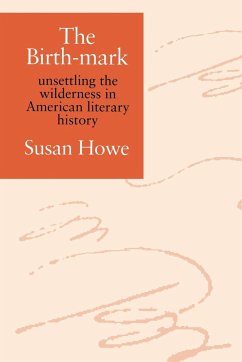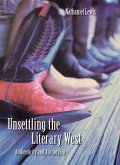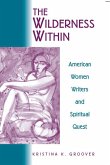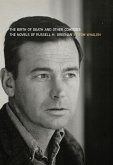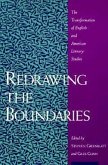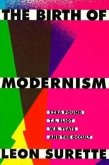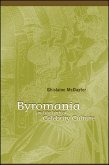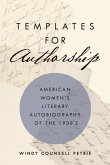A stimulating examination of early American literature. Susan Howe approaches early American literature as pet and critic, blending scholarship with passionate commitment and unique view of her subject. The Birth-mark traces the collusive relationships among tradition, the constitution of critical editions, literary history and criticism, the institutionalized roles of poetry and prose, and the status of gender. Through an examination of the texts and editorial histories of Thomas Shepard's conversion narratives, the captivity narrative of Mary Rowlandson, and the poetry of Emily Dickinson, Howe reads our intellectual inheritance as a series of civil wars, where each text is a wilderness in which a strange and lawless author confronts interpreters and editors eager for settlement. In a concluding interview, Howe comments on her approach and recounts some the crucial biographical events that sparked her interest in early American literature. "No other poet now writing has Howe's power to bring together narrative and lyric, textual scholarship and historical speculation, found text and pure invention. Her very footnotes can have poetic, even demonic force. In these pages, Anne Hutchinson and Mary Rowlandson, Thomas Shephard and Cotton Mather, Hawthorne and Melville, Emerson and F.O. Matthiessen, and especially Emily Dickinson and Susan Howe herself come to life -- but to a "life" that belongs to the feminist 1990s rather than the New England of the 1680s or 1850s. To "unsettle the wilderness" as Howe does here is to create a new genre: the poessay, I would call it, which is also and inevitably a poethics." -- Marjorie Perloff "The Birth-mark by Susan Howe is an astonishing work re-presenting the American past, its history, literature, texts, and critics. At once gnomic and lucid, grave and scintillating, it is a trespass comparable to Lawrence's or Olson's in its passionate grasp of materials, its critical delegitimation of iconic cultural authorities, its fierce originality. Howe is a witness of the almost unrepresentable borderlands of history, spiritual striving, and human grief; her writing has a unique sublimity." -- Rachel Blau DuPlessis "These essays have already had a profound influence on the course of North American poetry. Howe's scholarship is exhilarating and endlessly provocative. Her poetic revisioning of the essay form is exemplary. Howe's convincing reading of Dickenson's manuscripts as the primary site of her "sumptuary" values is a major challenge to previous readings of Dickinson and inaugurates a new era in Dickinson scholarship. In The Birth-mark, Howe insists not on the return of the author but the resurgence of writing and of the poetic as the wildness at the heart of an ever-emerging America." -- Charles Bernstein

